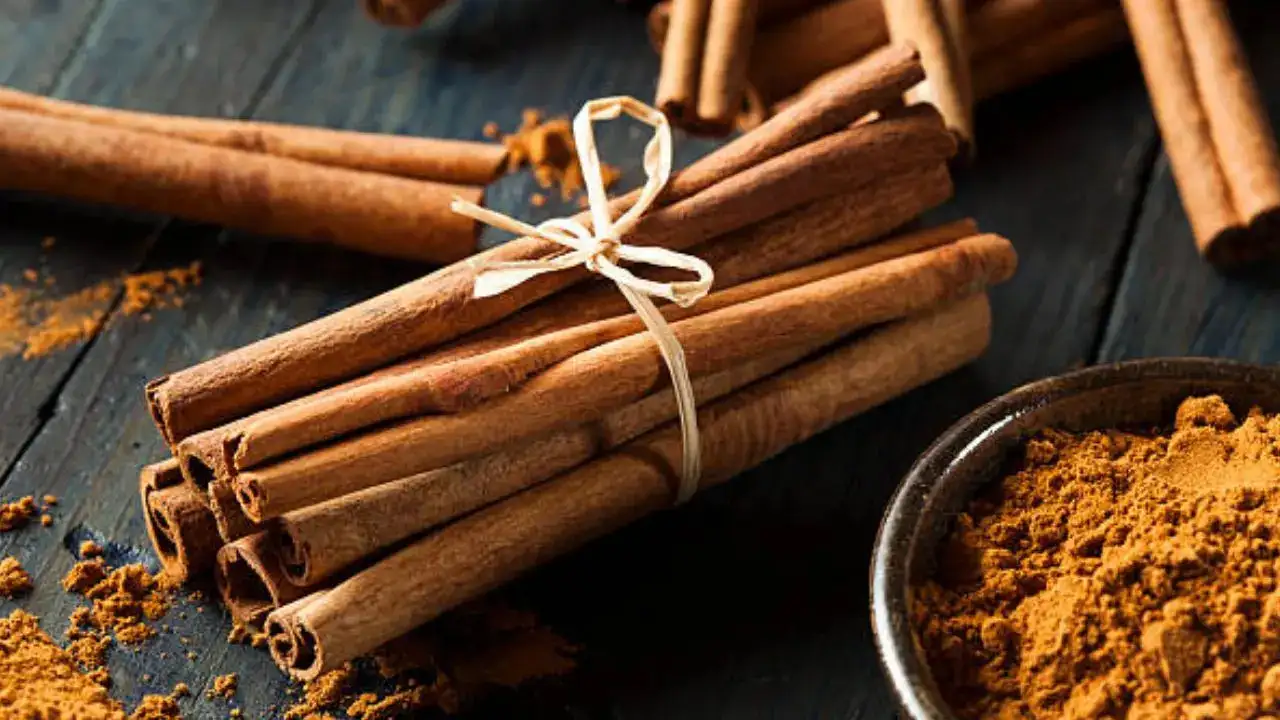Pallavi Mehra • 30 Apr 2025
New Study Links Cinnamon Overuse To Drug Resistance—Are You At Risk?

New Study Links Cinnamon Overuse To Drug Resistance—Are You At Risk? (Image Credits: iStock)
If you’re someone who loves cinnamon enough to sprinkle it on everything from your morning coffee to your protein shake—or even take it in supplement form—it might be time to take a closer look at this sweet spice. A new study from the University of Mississippi warns that high doses of cinnamon, especially in supplement or bark form, could reduce the effectiveness of certain prescription medications.
The concern lies in cinnamaldehyde, the compound responsible for cinnamon’s distinct smell and taste. According to researchers, cinnamaldehyde can activate enzymes in the liver that speed up the breakdown of medications. This means your body could process and flush out medicine faster than it should, making it less effective.
“Health concerns could arise if excessive amounts of supplements are consumed without the knowledge of the health care provider or prescriber,” said Shabana Khan, principal scientist involved in the study. “Overconsumption could lead to a rapid clearance of prescription medicine from the body, reducing its therapeutic effect.”
Cinnamon in Small Amounts Is Safe
To be clear, using cinnamon as a spice in your daily meals is not a cause for concern. It’s the concentrated forms—like supplements, powders, or bark—that pose a potential risk. Most people who enjoy cinnamon in reasonable quantities are unlikely to face any health problems.
However, if you're regularly taking cinnamon in high doses for its supposed health benefits, you might want to reconsider—especially if you’re on long-term medication for conditions like diabetes, high blood pressure, asthma, arthritis, cancer, HIV/AIDS, depression, or obesity.
Not All Cinnamon Is Equal
Another important detail from the study is that not all cinnamon is the same. The type of cinnamon commonly found in most households—Cassia cinnamon—contains higher levels of compounds like coumarin, which can be harmful in large quantities. Ceylon cinnamon, often called “true cinnamon,” contains much lower levels and is generally considered safer.
Cinnamon oil, which is used in aromatherapy or personal care products, isn’t part of the concern since it’s not typically ingested in high amounts.
What Should Cinnamon Lovers Do?
If you enjoy cinnamon in your food or drinks, there’s no need to panic. Your morning cinnamon roll or dash of spice in oatmeal isn’t a danger. But if you’re taking cinnamon capsules or adding spoonfuls of the spice to smoothies and teas, especially alongside prescription medications, it’s wise to speak with your doctor or pharmacist.
“Our best advice is to talk to a healthcare provider before using any supplements along with prescription medicine,” Dr Khan added. “Supplements are not meant to treat, cure, or prevent diseases.”
If you’re looking for alternatives, consider experimenting with spices like ginger, cardamom, or clove to add flavour to your meals without risking your medication’s effectiveness.
Cinnamon in moderation is safe, but overdoing it—especially in supplement form—can do more harm than good when it comes to your medication. Always consult a healthcare professional before mixing supplements with prescriptions.
Get Latest News Live on Times Now along with Breaking News and Top Headlines from Health and around the world.